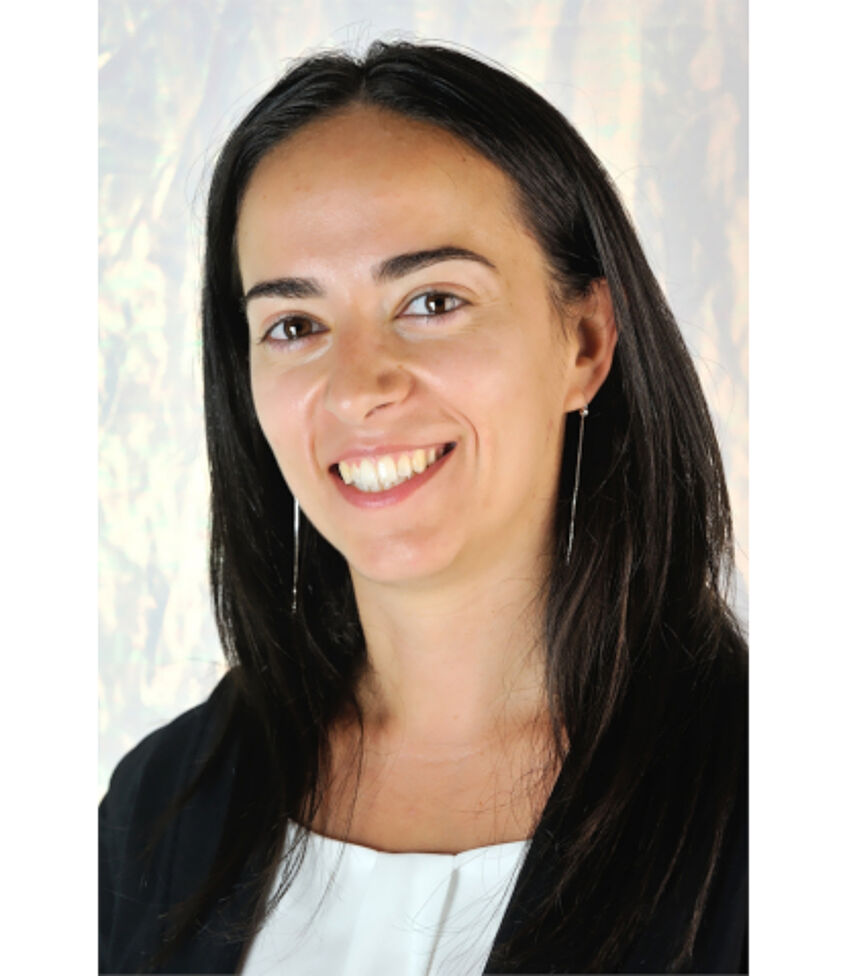Program
The conference will start with a Welcome Reception on the evening of Tuesday, July 23, 2024 at our conference venue around 7pm. It will end on Friday, July 26, 2024 around 5pm. A more detailed schedule will follow soon.
Invited Speakers
We are happy to welcome the following invited speakers:
Sadly, our third invited speaker, Nick Higham, passed away on January 20, 2024.
Accepted Papers
The following 28 papers have been accepted for presentation at SEA 2024:
- Vadim Lebovici, Steve Oudot and Hugo Passe.
Efficient computation of topological integral transforms - Gabriel Ponte, Marcia Fampa and Jon Lee.
Convex relaxation for the generalized maximum-entropy sampling proble - Paolo Boldi, Stefano Marchini and Sebastiano Vigna.
Engineering Zuffix Arrays - Philip Mayer and Petra Mutzel.
Engineering A* Search for the Flip Distance of Plane Triangulations - Simone Faro, Stefano Scafiti and Matthew N. Palmer.
Efficient Exact Online String Matching Through Linked Weak Factors - Jonas Charfreitag, Petra Mutzel, Lukas Schürmann, Philip Mayer and Christine Dahn.
Separator based Data Reduction for the Maximum Cut Problem - Takehide Soh, Takumu Watanabe, Jun Kawahara, Akira Suzuki and Takehiro Ito.
Scalable Hard Instances for Independent Set Reconfiguration - Adil Chhabra, Marcelo Fonseca Faraj, Christian Schulz and Daniel Seemaier.
Buffered Streaming Edge Partitioning - Nick Krumbholz, Stefan Funke, Peter Schäfer and Sabine Storandt.
Algorithms for Gradual Polyline Simplification - Andreas Grigorjew, Fernando H. C. Dias, Andrea Cracco, Romeo Rizzi and Alexandru I. Tomescu.
Accelerating ILP solvers for Minimum Flow Decompositions through search space and dimensionality reductions - David Coudert, Mónika Csikós, Guillaume Ducoffe and Laurent Viennot.
Practical Computation of Graph VC-Dimension - Kenneth Langedal, Demian Hespe and Peter Sanders.
Targeted Branching for the Maximum Independent Set Problem Using Graph Neural Networks - Manuel Cáceres, Brendan Mumey, Santeri Toivonen and Alexandru I. Tomescu.
Practical Minimum Path Cover - Marcelo Fonseca Faraj, Ernestine Großmann, Felix Joos, Thomas Möller and Christian Schulz.
Engineering Weighted Connectivity Augmentation Algorithms - Daniel Hambly, Rhyd Lewis and Padraig Corcoran.
Determining Fixed-Length Paths in Directed and Undirected Edge-Weighted Graphs - Deborah Hendrych, Mathieu Besançon and Sebastian Pokutta.
Solving the Optimal Experiment Design Problem with Mixed-Integer Convex Methods - S M Ferdous, Alex Pothen and Mahantesh Halappanavar.
Streaming Matching and Edge Cover in Practice - Christoph Staudt, Mark Blacher, Julien Klaus, Farin Lippmann and Joachim Giesen.
Improved Cut Strategy for Tensor Network Contraction Orders - Patrick Dinklage, Johannes Fischer and Nicola Prezza.
Top-k frequent patterns in streams and parameterized-space LZ compression - Giovanna Kobus Conrado, Amir Kafshdar Goharshady, Pavel Hudec, Pingjiang Li and Harshit Jitendra Motwani.
Faster Treewidth-based Approximations for Wiener Index - Dominika Draesslerova, Omar Ahmed, Travis Gagie, Jan Holub, Benjamin Langmead, Giovanni Manzini and Gonzalo Navarro.
Taxonomic classification with maximal exact matches in KATKA kernels and minimizer digests - Sebastian Urrutia and Vinicius F. dos Santos.
Finding the minimum cost acceptable element in a sorted matrix - Nico Bertram, Johannes Fischer and Lukas Nalbach.
Move-r: Optimizing the r-index - Frederik L. Jatzkowski, Antonia Schmidt, Robert Mank, Steffen Schüler and Matthias Müller-Hannemann.
Barcode Selection and Layout Optimization in Spatial Transcriptomics - Matthew D. Laws, Jocelyn Bliven, Kit Conklin, Elyes Laalai, Samuel McCauley and Zach S. Sturdevant.
SPIDER: Improved Succinct Rank and Select Performance - Theo Conrads, Lukas Drexler, Joshua Marc Könen, Daniel R. Schmidt and Melanie Schmidt.
Local Search k-means++ with Foresight - Jakub Komárek and Martin Koutecky
Experimental Analysis of LP Scaling Methods Based on Circuit Imbalance Minimization - Bernhard Sebastian Germann, Klaus Jansen, Felix Ohnesorge and Malte Tutas.
3/2-dual approximation for CPU/GPU scheduling


